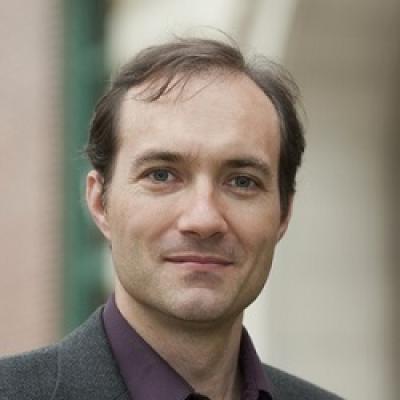
After completing his PhD at “That School Up North,” Associate Professor Kelly Garrett decided to make the ultimate move and become a Buckeye. Garrett was drawn to Ohio State because of the interesting and intelligent people in the Ohio State community. He said he was excited to be a part of a top-ranked research university, especially in the areas he studies: political communication and the digital sphere.
“Digital technologies shape everyday experiences in many ways, and I’ve always been drawn to trying to understand how the shaping influences work in the political context,” Garrett said.
While political discussions may range from boring to polarizing, Garrett said these conversations are consequential and make a profound difference in our world. When Garrett first started his career, he knew he wanted to ask questions that would make an impact.
One of these questions is how social media propagates ideas — factual or nonfactual — and impacts political beliefs. Garrett published a paper in May 2018 providing evidence that the effects of social media on political beliefs tend to be rather small, contrary to popular belief.
The past three United States presidential elections have shed light on how the internet shapes the flow of political misperceptions. Using online experiments and a nationally representative survey conducted in 2008, 2012 and 2016, Garrett studied how social media affects people’s political beliefs. Garrett collected data during all three years because he wanted to provide results across a range of methods in his thesis. With this, he was able to examine the relationship between beliefs, online news consumption and exposure to falsehoods and their rebuttals.
Garrett is now leading a new study with colleagues from Ohio State and three other universities that will have unprecedented access to anonymous data from Facebook. The team of researchers will use the data to study the impact of social media on democracy in the United States.
In addition to his research, Garrett said he enjoys teaching at Ohio State because he is passionate about the topics.
“It’s fun for me to try and help other people understand why I find these topics to be so interesting,” Garrett said. “I really enjoy those moments when I can see the students in my class not just understand why or how something happens, but rather get them to see why anyone would care and why this is an interesting thing to know or how it might make a difference in their lives.”
Between politics and the online world, Garrett works to pose important questions to both his students and society as a whole to discover more about our world.
Article by student Alex Moreno
